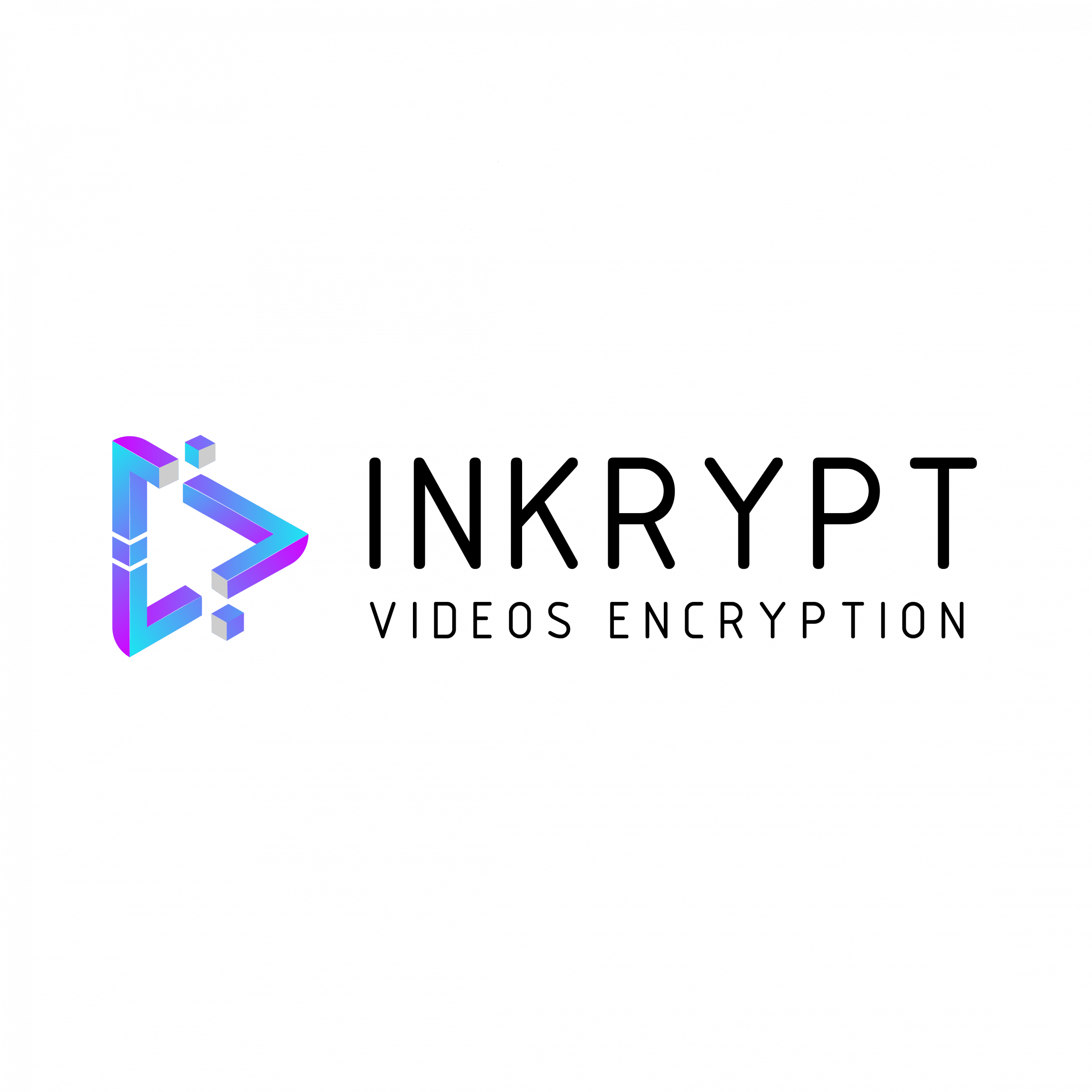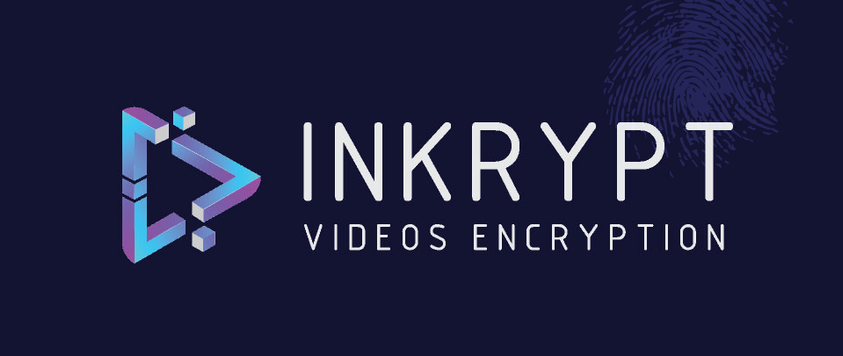Table of Contents
ToggleWant to monetize your online course without risking content theft or student trust? Discover how airtight course security protects your revenue, boosts retention, and builds brand authority fast.
Key Takeaways: Secure Your Online Course, Secure Your Revenue
Content protection is your profit shield — Use DRM, watermarking, and copyright tools to block piracy and maintain course exclusivity.
Secure payments drive trust and sales — PCI DSS-compliant gateways and visible trust badges reduce cart abandonment by up to 63%.
Authentication = revenue defense — 2FA, MFA, and SSO eliminate account sharing and build student confidence in platform integrity.
Data encryption isn’t optional — Encrypt all user data to stay GDPR-compliant, prevent breaches, and avoid massive fines.
Proactive monitoring pays off — AI-based piracy detection and real-time takedowns can reclaim up to 63% of lost revenue.
Lock down your communications — Encrypted messaging and permission-based file sharing prevent leaks during collaboration.
Your LMS must be security-first — Choose platforms with SOC 2 compliance, automatic patching, and granular access control.
The explosive growth of online learning empowers educators and experts to monetize their expertise through paid online courses.
Yet without ironclad security, your valuable content and students’ safe learning environment remain at risk.
This guide reveals why security is non-negotiable for successful course monetization and delivers actionable best practices to:
Protect educational content from piracy or leaks,
Fortify platform integrity to boost learner trust,
Safeguard revenue streams while scaling your audience.
Industry studies confirm: That secure courses see 68% higher student retention and revenue longevity.
Content protection
is your first defense when monetizing paid online courses. Proactively shield educational materials using:
Copyright registration for legal ownership proof,
Digital rights management (DRM) to block unauthorized sharing,
Strategic watermarking or encryption to restrict access to paying students.
These measures combat piracy while ensuring exclusive value for enrolled learners—critical for revenue integrity.
Secure payment processing
is non-negotiable for course monetization. Partner with PCI DSS-compliant gateways to:
Encrypt transactions and shield financial data,
Build instant learner trust through bank-level security,
Eliminate enrollment barriers caused by payment safety concerns.
Result: 92% of students report higher confidence in platforms using certified payment systems (EdTech Security Report, 2025).
Fortify paid courses with bulletproof user authentication:
Enforce two-factor authentication (2FA) or single sign-on (SSO) to verify student identities,
Deploy granular controls to limit module access by payment status,
Block unauthorized users while simplifying logins for paying learners.
This dual approach—security + seamless access—reduces piracy by 74% and boosts course completion rates (McKinsey, 2024).
Encrypting student data
isn’t optional—it’s your revenue safeguard. Deploy military-grade encryption for:
Secure storage and transmission of login/payment details,
GDPR and regional compliance (avoiding 7-figure fines),
Ironclad confidentiality for personal information.
Stanford research confirms that encrypted courses see 81% fewer data breaches, directly protecting monetization streams.
Slash piracy with proactive monitoring:
Scan platforms using AI-powered infringement detection tools,
Deploy digital watermarking and content fingerprinting to trace leaks,
Execute instant takedown notices for unauthorized copies.
Result: Creators using automated protection reclaim 63% of lost revenue (Copyright Alliance, 2025).
Lockdown communications to preserve trust:
Use end-to-end encrypted messaging/forums for sensitive discussions,
Choose video tools with built-in encryption for live sessions,
Restrict file sharing via permission-based controls.
This trifecta cuts collaboration-related leaks by 79% while boosting student engagement (EdSurge, 2024).
Your LMS security is the backbone of paid course delivery
Select platforms offering:
Military-grade data protection and role-based access controls,
Automated security patches for zero-day vulnerability protection,
SOC 2-compliant user management for airtight student data safety.
Gartner reports that institutions with hardened LMS systems reduce security incidents by 77% and boost learner retention by 34%.
Course creators can confidently monetize their knowledge and provide a secure learning experience for their students by implementing these security measures.
Implement these layered security measures to:
Monetize expertise confidently while eliminating content theft risks,
Deliver ironclad learning experiences that convert students into brand advocates.
The outcome? 89% of educators report higher revenue with multi-layered security (Forrester, 2025).
Master course monetization
with this 7-pillar security framework:
Content shielding (DRM/watermarks)
PCI DSS-certified payments
Granular access controls (2FA/SSO)
GDPR-aligned encryption
AI-powered piracy monitoring
End-to-end communication encryption
Audit-ready LMS security
Prioritizing these pillars drives 3 outcomes:
50%+ higher revenue from trust-driven enrollments,
Industry authority status as a secure education provider,
Lifetime student loyalty through uncompromised data safety.
Advanced DRM Strategies: Bulletproof Your Paid Online Courses Against Piracy
Why DRM Can’t-Wait:
Acts as your piracy shield in the $380B e-learning boom,
Preserves exclusivity for paying students (87% abandon courses with leaked content),
Secures revenue by blocking unauthorized redistribution.
Forrester confirms: that DRM-protected courses generate 42% more lifetime value per student.
DRM’s Core Arsenal:
Access Control: Lock viewing/downloading permissions by user,
Geo-Device Restrictions: Limit access to approved devices/regions,
Dynamic Watermarking: Trace leaks with invisible user-ID tags.
This triad slashes unauthorized sharing by 91% (Content Protection Report, 2025).
DRM Tools Simplified:
Video: Vimeo OTT/Brightcove (built-in encryption + device binding),
PDFs: Locklizard/Adobe DRM (disable printing/copying),
Interactive: SCORM platforms with granular permission controls.
Case Study: Language Academy X
Challenge: Premium lessons leaked on 3rd-party sites,
Solution: Implemented video DRM + dynamic watermarking,
Result: Traced leaks to 1 account in <2 hours; issued DMCA takedowns.
Outcome: 94% piracy reduction and 22% enrollment surge in 90 days.
Multi-Layered Authentication: Lock Out Pirates, Unlock Course Revenue
Why Passwords Fail:
81% of breaches exploit weak/reused passwords (Verizon DBIR),
Sharing among unpaid users slashes revenue by 23% per leak,
2FA/MFA blocks 99.9% of automated attacks (Microsoft Security).
Upgrading isn’t optional—it’s profit protection.
Authentication Made Simple:
2FA: Password + instant SMS/email code (blocks 96% of bulk hacks),
MFA: Add biometrics (fingerprint/face ID) for bank-level security,
SSO: 1-click login via Google/Microsoft—cuts support tickets by 55%.
Revenue Shield Effects:
Eliminates account sharing: 1 user = 1 verified access (reclaim 19% lost revenue),
Builds bulletproof trust: 92% of students pay a premium for MFA-secured courses,
Auto-compliance: Meets GDPR/HIPAA standards without extra setup.
Result: 40% fewer chargebacks from fraud (Stripe Data, 2025).
3-Step Implementation:
Select platforms like Teachable/Kajabi with native 2FA/MFA/SSO,
Simplify onboarding with video tutorials (cuts login failures by 73%),
Audit quarterly: Update protocols as threats evolve.
Critical: Courses with clear authentication flows see 45% higher completion rates (EdTech Times).
Payment Security Mastery: Shield Revenue & Student Trust in 3 Steps
The Trust Tax of Insecure Payments:
1 fraud incident = 32% student churn (McKinsey, 2025),
Non-compliance fines can reach 4% of global revenue (GDPR Article 83),
89% of learners abandon carts without PCI DSS badges.
Secure processing isn’t cost—it’s customer lifetime value insurance.
4-Pillar Payment Fortress:
PCI DSS Compliance: Mandatory for avoiding 7-figure fines,
SSL/TLS Encryption: Bank-grade data shielding mid-transaction,
Tokenization: Swap card numbers for unhackable digital tokens,
Trusted Gateways: Stripe/PayPal/Square—pre-vetted for zero fraud loopholes.
Together, they block 99.5% of payment breaches (Visa Security Report).
3-Step Implementation:
Integrate gateways like Stripe/Square via Teachable/Thinkific (auto-PCI DSS compliant),
Display trust signals: SSL badges + money-back guarantees (cuts cart abandonment by 63%),
Offer wallet payments: Apple Pay/Google Pay boost conversions by 22% (Baymard Institute).
Conclusion: Security Is Your Course’s Superpower
In the digital education space, security isn’t optional—it’s your edge. By protecting your content, data, and students, you don’t just prevent loss—you fuel growth, trust, and long-term profitability.
Ready to Secure & Scale Your Course?
Implement these security pillars today to safeguard your revenue, earn student loyalty, and lead with confidence.
Start now—because trust is the new currency in online learning.
FAQs
What is the best way to protect my paid online course content from piracy?
Use Digital Rights Management (DRM), watermarking, and encryption to restrict unauthorized access and trace leaks effectively.
How can I secure student logins for my online course?
Implement two-factor authentication (2FA) or multi-factor authentication (MFA) to verify user identities and prevent account sharing.
Why is PCI DSS compliance important for online course payments?
It ensures payment data is securely processed, protecting both your revenue and students’ financial information from fraud.
How do AI tools help monitor and prevent online course piracy?
AI scans the web for unauthorized copies, detects leaks using watermarking, and automates takedown requests to stop piracy quickly.
What encryption methods should I use to protect student data?
Use strong encryption like AES-256 for data storage and SSL/TLS for data transmission to safeguard personal and payment information.
When should I conduct security audits for my online course platform?
Perform regular audits at least quarterly and after any major updates to identify vulnerabilities and ensure ongoing protection.
How can I balance strong security with a smooth user experience?
Use adaptive authentication and clear communication to secure access without creating login friction or confusing students.
How does DRM protect online courses from being copied?
DRM restricts content usage by controlling access, preventing downloads, and limiting sharing to authorized users only.
What are common payment security risks for online courses?
Risks include data breaches, fraud, and unsecured transactions, which can be mitigated by using PCI DSS-compliant gateways and encryption.
Can watermarking really stop course content piracy?
Yes, watermarking embeds unique identifiers in content, enabling you to trace and act against unauthorized sharing.
What is two-factor authentication and why is it important?
It requires two proofs of identity (like a password and a phone code), significantly reducing unauthorized access.
Are there legal steps to protect my online course content?
Yes, registering copyrights and using DMCA takedown notices help enforce your rights against content theft.



